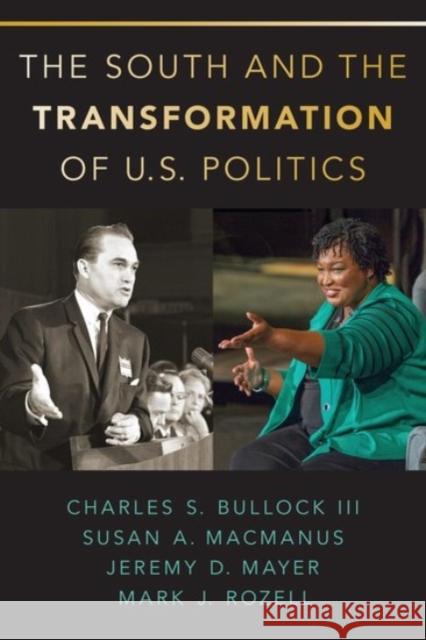The South and the Transformation of U.S. Politics » książka
topmenu
The South and the Transformation of U.S. Politics
ISBN-13: 9780190065928 / Angielski / Miękka / 2019 / 208 str.
Kategorie BISAC:
Wydawca:
Oxford University Press, USA
Język:
Angielski
ISBN-13:
9780190065928
Rok wydania:
2019
Ilość stron:
208
Waga:
0.27 kg
Wymiary:
20.83 x 13.72 x 1.52
Oprawa:
Miękka
Wolumenów:
01
Dodatkowe informacje:
Bibliografia











